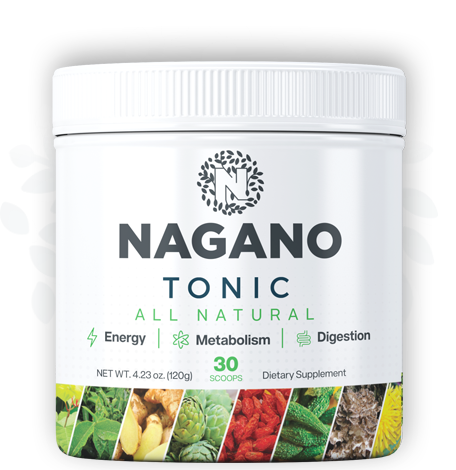
Essentials for a Successful First Marathon
Key Takeaways
- Training consistency is key for marathon success.
- Hydration and nutrition strategies play a critical role.
- A well-planned race day strategy can enhance performance.
- Post-race recovery is just as important as training.
Preparing for your first marathon is an exciting yet challenging journey. Whether it's your goal to cross the finish line or beat your personal best, this guide will cover essential training tips, nutrition strategies, and race day tactics that can pave the way for a successful first marathon. Let's equip you with the best knowledge and strategies to ensure success on that monumental race day!
Training Essentials
The foundation of a successful marathon begins with effective training. Here are some key components to consider:
| Training Component | Description |
|---|---|
| Long Runs | Essential for building endurance, these runs should progressively increase in distance. |
| Speed Work | Incorporate intervals or tempo runs to boost your pace and cardiovascular fitness. |
| Cross-Training | Engage in activities like cycling or swimming to improve overall fitness and reduce injury risk. |
| Rest Days | Allow for recovery to prevent burnout and injuries. Incorporating rest days is crucial. |
Sample Training Schedule
A sample 16-week training schedule for beginners can help structure your training:
| Week | Monday | Wednesday | Saturday |
|---|---|---|---|
| 1 | Rest | 3 miles | 5 miles |
| 2 | Rest | 3 miles | 6 miles |
| 3 | Rest | 4 miles | 7 miles |
| 4 | Rest | 4 miles | 8 miles |
| ...Continue up to Week 16, increasing miles progressively... |
Nutrition Strategies
Nutrition plays a significant role in ensuring your body is well-fueled for training and race day. Here are some tips to keep in mind:
- Carbohydrate Loading: In the week leading up to the marathon, increase carbohydrate intake to maximize glycogen stores.
- Hydration: Stay hydrated before, during, and after your runs. Electrolyte drinks can be an effective way to maintain hydration levels.
- Pre-Race Meal: Consume easily digestible foods 2-3 hours before the race, such as oatmeal or a banana.
Pre-Race Nutrition Checklist
Here’s a simple checklist for what to consume leading up to the race:
- Complex carbohydrates (pasta, rice, bread)
- Fruits (bananas, apples)
- Lean proteins (chicken, fish)
- Plenty of water and electrolyte beverages
Race Day Strategies
On race day, having a solid strategy can help alleviate stress and improve performance. Here are some essential practices:
- Arrive Early: Allow plenty of time to check in, warm up, and mentally prepare.
- Pacing: Start at a comfortable pace to avoid burning out too early.
- Fueling During the Race: Use energy gels or chews at regular intervals to maintain energy levels.
Suggested Race Day Timeline
Follow this timeline to ensure a smooth race day experience:
| Time | Activity |
|---|---|
| 6:00 AM | Wake up and hydrate |
| 6:30 AM | Eat a light breakfast |
| 7:00 AM | Arrive at race venue |
| 8:00 AM | Warm-up and stretch |
Post-Race Recovery
Post-race recovery is just as crucial as preparation. Here are some recovery strategies:
- Cool Down: Take time to cool down with light jogging and stretching.
- Hydrate: Replenish lost fluids immediately after crossing the finish line.
- Nutrition: Consume a balanced meal within two hours post-race, focusing on protein and carbs.
Recovery Checklist
Use this checklist to facilitate recovery after your marathon:
- Protein-rich foods (chicken, legumes)
- Refuel with electrolytes
- Light stretching or yoga
- Rest and sleep adequately
Pros
- Improves overall fitness levels.
- Boosts mental toughness and discipline.
- Provides a sense of accomplishment.
Cons
- Time-consuming commitment to training.
- Risk of injury if not properly managed.
- Potential for burnout without variety in training.
Conclusion
Running your first marathon is a rewarding yet strenuous endeavor. By focusing on your training, nutrition, and race day strategies, you can set yourself up for transformative experiences. Remember to listen to your body, stay consistent, and enjoy every step of your marathon journey!
For more tips on improving your running experience, check out our Expert Tips section, where we share valuable insights from seasoned runners and coaches to help you thrive!
